17, October 2022
Southern Cameroons Crisis: Talks in Canada end in key agreement 0
The talks on seeking possible solutions to the Southern Cameroons crisis which has resulted in the deaths of thousands of Cameroons have come to an end in Canada; a country which has been seeking to help find peaceful solutions to the fighting that has ruined the economies of Cameroon’s two English-speaking regions.
The talks, which are a continuation of previous talks, enabled the various factions to agree on the need to pursue a peaceful approach to resolving the crisis.
The factions were also made to understand that nobody ever wins a war and that the key objective should be winning the peace that many people are looking forward to both in Cameroon and abroad.
According to our source which elected anonymity, the meeting organizers urged all the factions to embrace peace and to understand that they have to walk away from their original positions if anything meaningful has to be achieved.
From every indication, most participants are leaning towards a Canadian-style federal system which will grant the regions extensive powers to run their own affairs while the federal government will focus on matters related to foreign policy, armed forces and natural resources.
This year’s talks have been held under tight security and participants have been sworn to secrecy to ensure that there are no leaks which may jeopardize efforts at finding peaceful resolutions to the crisis which has already run for six years.
Since starting in 2016, the crisis has resulted in the death of some ten thousand Cameroonians, including both soldiers and civilians and, from every indication, the end is not in sight as both parties continue to hold that a military solution is possible.
Unlike previous talks, last week’s talks received the blessing of the Yaounde government which has shown clear signs of fatigue and is looking forward to an end to the bleeding and a return to normalcy.
The crisis has robbed the government of vital development resources and the existence of many armed groups and criminals in the two English-speaking regions of the country makes it hard for real development projects to be implemented.
Over the last two years, armed groups and criminals have resorted to kidnapping for ransom, with government forces sometimes implicated in some of the criminality which is blighting the lives of innocent civilians who have nowhere to go to.
Recently, five priests and some civilians were kidnapped in Nchang, a locality some five kilometers from Mamfe town which is the chief town of Manyu Division in the South West Region and the kidnappers have requested USD 100,000; an amount the Catholic Church has said it does not have.
It should also be underscored that for more than five years, schools in rural parts of the two English-speaking regions of the country have remained closed and separatist fighters have been threatening teachers and students with death if they are seen in any of the government-owned schools.
By Chi Prudence Asong in Toronto


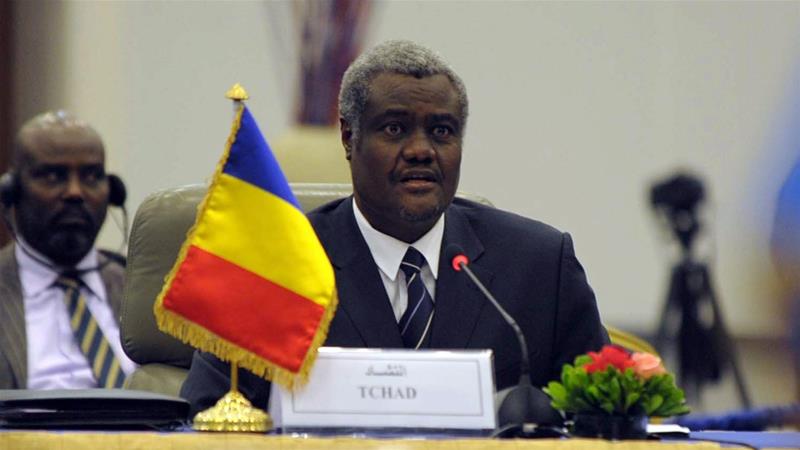

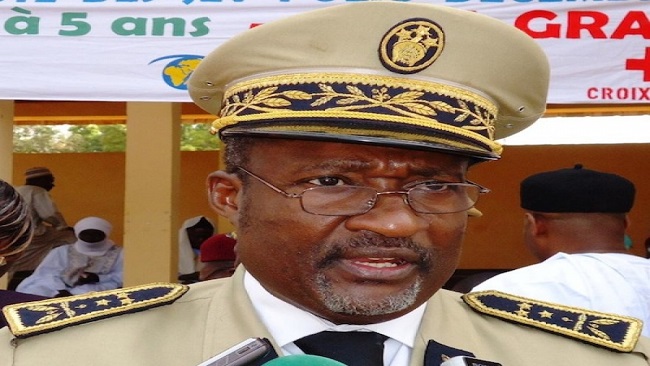
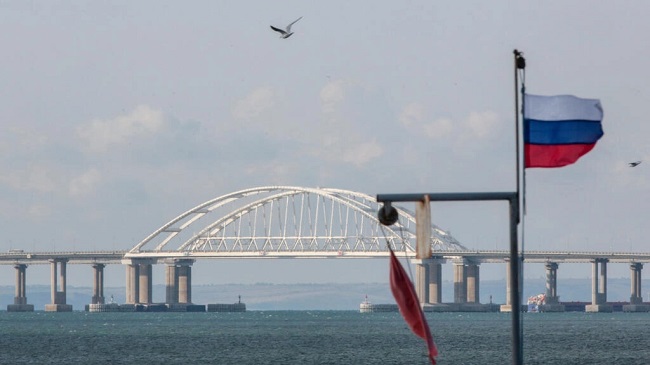

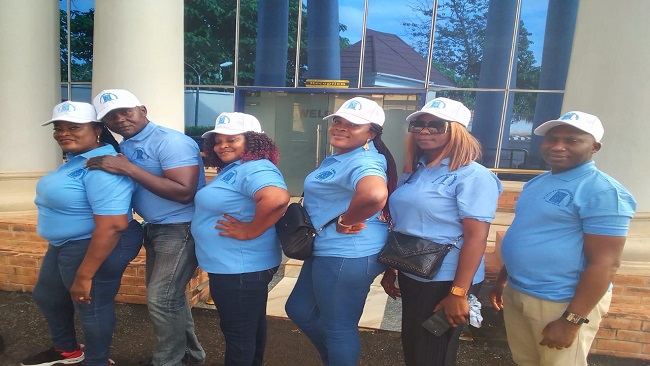
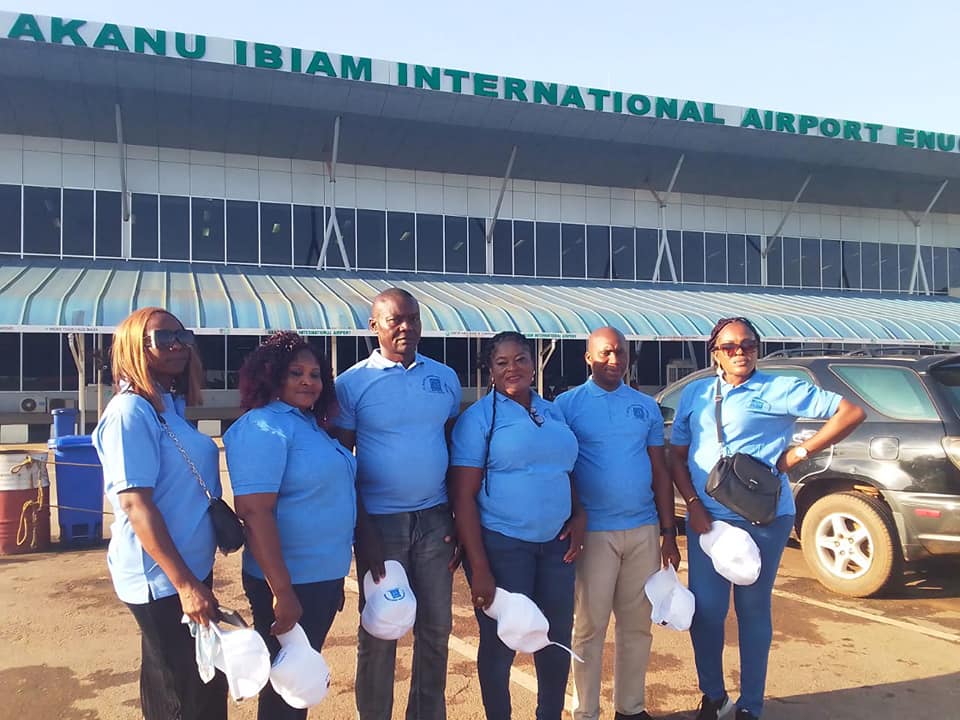
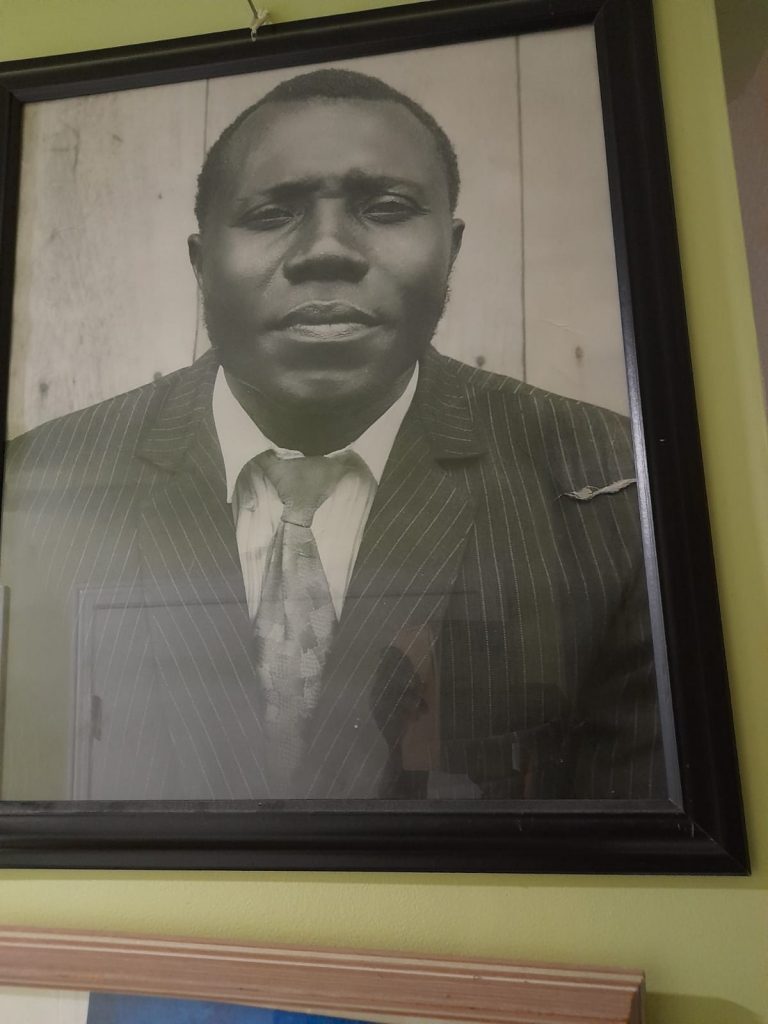
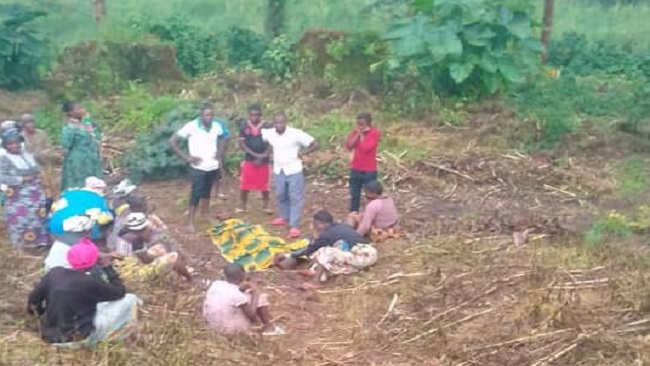


















17, October 2022
Can Renewable energy address Africa’s perennial energy crisis? 0
Africa is a continent rich in land, water, and energy resources, with a young and fast-growing population. Already the world’s youngest continent, it is expected to grow to nearly 2.5 billion people by 2050, 80% of them in Sub-Saharan Africa (UNPD, 2019).
Levels of human and economic development differ widely across the continent, and it is increasingly becoming clear that the opportunities on the continent are vast. Energy plays a key role in Africa’s development pathway and improving livelihoods and access to opportunities will depend crucially on the expansion of access to reliable and affordable and sustainable energy.
Africa is at a crossroads. For many of the people of this vast and diverse continent, access to affordable, clean and sustainable energy remains an aspiration. The need for better and more abundant energy is evident in many walks of life, from households relying on dirty fuels for cooking and farmers lacking energy to harvest their crops, and from health clinics struggling to power operating rooms to businesses contending with power outages.
Over the last three decades, climate change has been adding new challenges in the form of extreme weather events, rising temperatures and more variable rainfall. We know that renewable energy can help to resolve many of these social, economic, health and environmental challenges.
Renewables are key to overcoming energy poverty, providing energy services without damaging human health or ecosystems, and enabling sustainable socio-economic development. A transition to a renewables-based energy system in Africa promises substantial gains in GDP, employment, and human welfare in each of the continent’s constitutive regions.
Although Africa’s share of global renewable energy investments and capacity installations remained relatively small over the past decade, the continent can draw on a vast wind, solar, hydro, and geothermal resource potential.
Falling costs are increasingly bringing renewables within reach, whether through grid extension, mini-grids or stand-alone applications. A profound energy transition centred on renewables and energy efficiency is increasingly understood as not only feasible but essential for a climate-safe future in which sustainable development prerogatives are met.
Indeed, a sophisticated understanding of the intimate connections between the energy system and the economy at large is essential in designing policies, along with an appreciation of the ways in which both are linked to the world’s ecosystems and human wellbeing.
Experience around the world gives us a strong sense of what it takes to succeed. According to an IRENA report, African policymakers can draw on a wealth of experience in planning, financing, and deploying renewable energy projects, and integrating them into energy systems. But as is true in other parts of the world, it is critical that each African country play to its own strengths and understand its weaknesses, whether in terms of its industrial capacities, commodity and trade dependencies, or skills base.
Countries can and must learn from each other. Intra-regional and broader international cooperation can overcome drawbacks any individual country may face on its own. A wide-ranging challenge demands a comprehensive policymaking approach. The IRENA report illuminates the array of policy areas that may contribute to a successful energy transition. But rather than picking policies selectively, they all need to be part of an overarching, holistic framework that is more than just the sum of its parts. The growing discourse on a Green Deal in places like Europe and North America has spotlighted the importance of a bold, systemic approach.
A Green Deal will of necessity look different in Africa, tailored to its own circumstances. But the key point is its transformative nature: pursuing synergies in resolving pressing social, economic, health, and environmental issues, recognising that because market-driven approaches alone will not suffice strong public interventions are needed and placing people at the centre of the transition.
The objectives of Africa’s energy transition are far-reaching economic diversification; the creation of decent jobs; environmental stewardship and climate resilience; and universal access to affordable, reliable, sustainable, and modern energy.
This is also in view of the expectedly vast impact of climate change on the African continent, the effects of which are already beginning to be felt right now, and in view of the enormous potential for industrial development, job creation and environmental management that more widespread access to sustainable energy sources brings.
Given the importance of renewable energy, the African Union’s Agenda 2063 clearly establishes the links between energy and industrialisation (AUC, 2015). However, access to reliable electricity and clean, modern cooking in Africa remains far behind most other parts of the world. With an electrification rate of 46%, 570 million people in 2019 were still without access to electricity in Sub-Saharan Africa, while only 16% had access to clean cooking (IEA, IRENA et al., 2021).
This situation reinforces socio-economic inequalities and impedes progress in widening access to basic health services, education, and modern machinery and technology – thus, ultimately, to socioeconomic opportunities. Africa holds significant energy resources. Fossil fuels represent around 40% of African exports, with countries such as Algeria, Angola, Chad, Nigeria and the Sudan being highly dependent on them as a source of revenue.
Along with other raw materials which continue to constitute a substantial proportion of African countries’ exports, fossil fuels provide revenue but also reinforce commodity-dependence. In the context of a low-carbon future, these and other fossil fuel dependent countries will be increasingly vulnerable to the risks of stranded assets, in addition to the already serious effects of price volatility for internationally traded commodities.
Renewable energy, by contrast, offers African economies prospects for economic growth, cost-effective technologies to expand energy access and quality of access, and industrial development along new value chains, with substantial, local job creation potential.
Energy development will also have a critical influence on Africa’s recovery from the COVID-19 crisis and its lingering impacts. Recovery from the pandemic heightens the importance of placing sustainable development at the core of broader economic development and industrialisation strategies.
This must include increased efforts and investment to broaden access to energy in vital sectors such as health and education, and the use of recovery-related policy measures and investments to hasten the wider structural shift toward sustainable energy as a pillar of resilient economies and societies (IRENA, 2020a).
By Dylan Tambe Ashu
Culled from RENEWABLE ENERGY MARKET ANALYSIS by the International Renewable Energy Agency (IRENA)